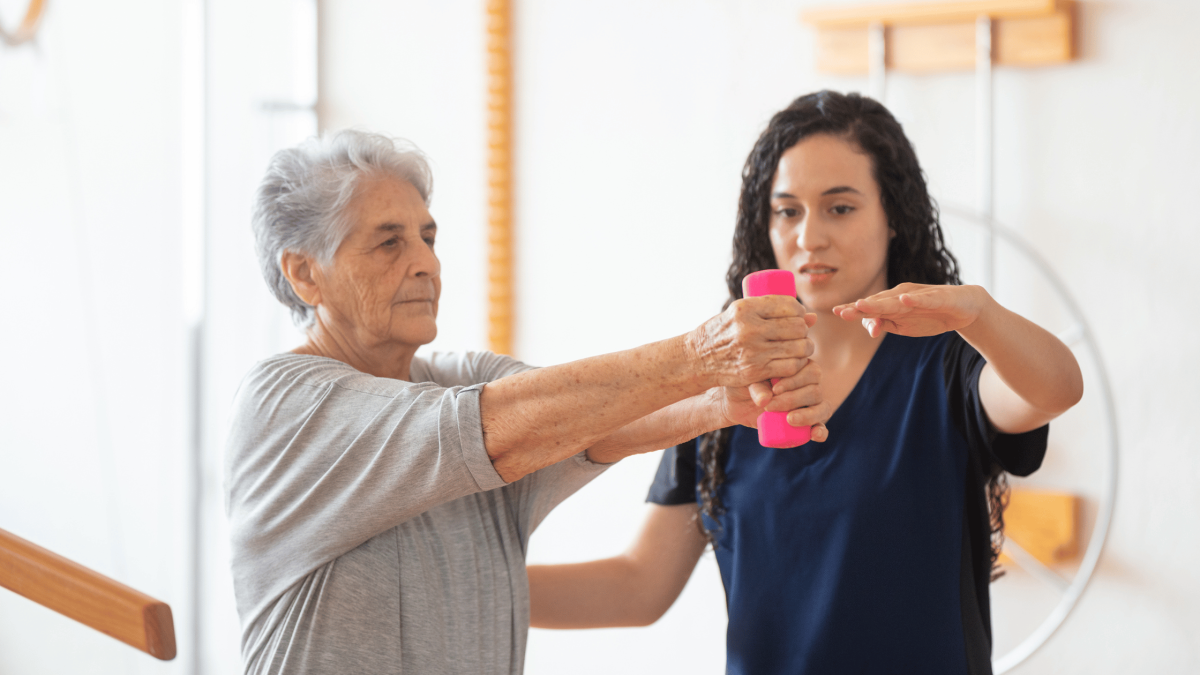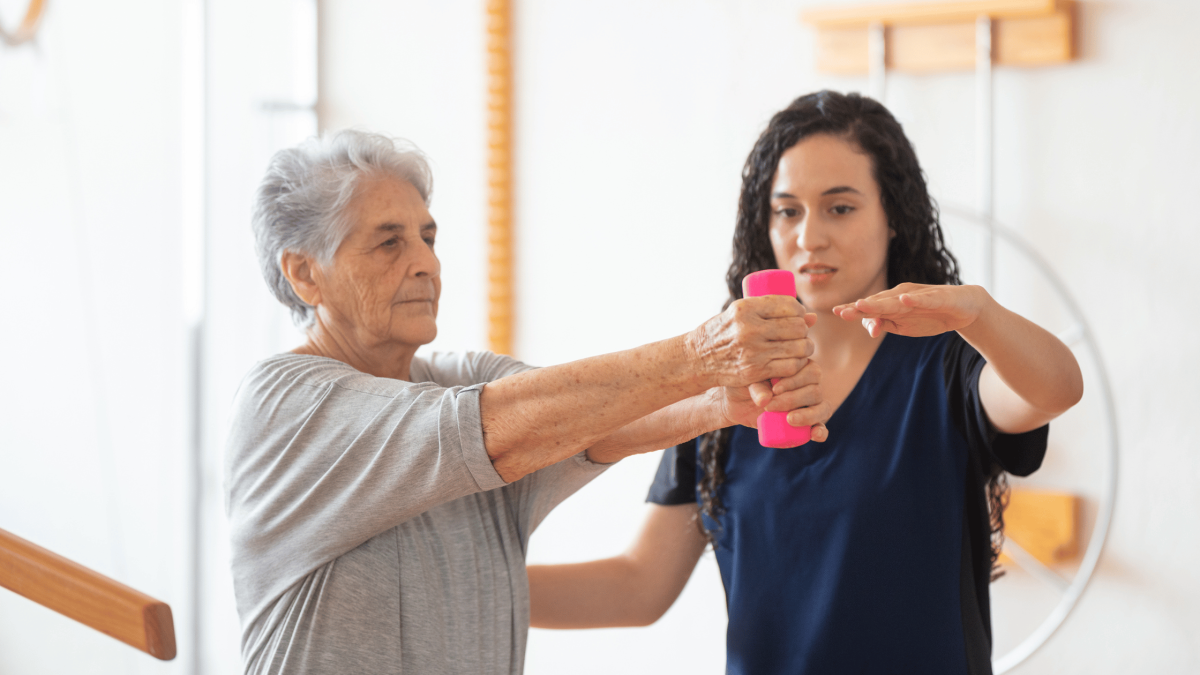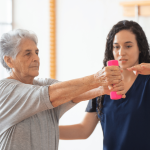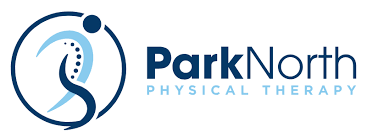Rotator cuff tendinosis is a common condition that can cause significant shoulder pain and limit daily activities. Unlike tendinitis, which involves acute inflammation, tendinosis refers to the chronic degeneration of the tendon tissue. This condition often arises due to repetitive overuse or aging, leading to discomfort and limited mobility.
Park North Physical Therapy, with clinics in Harlem and Morningside Heights, offers specialized treatments to help patients manage this condition and restore shoulder function.

What Is Rotator Cuff Tendinosis?
The rotator cuff is a group of four muscles and their tendons that surround the shoulder joint, enabling stability and movement. When these tendons are subjected to repetitive stress or overuse, they can begin to degenerate, resulting in tendinosis.
Rotator cuff tendinosis is particularly common in individuals over 50, but it can also affect younger people who engage in repetitive shoulder activities. According to the American Academy of Orthopaedic Surgeons, millions of people each year seek treatment for rotator cuff problems, including tendinosis.
Common Causes and Symptoms
Rotator cuff tendinosis is often caused by repetitive shoulder movements, such as overhead activities like swimming or painting. Aging, poor posture, and previous shoulder injuries can also contribute to the condition.
Common symptoms include:
- A dull, aching pain deep in the shoulder, which may extend down the arm
- Weakness when lifting objects or reaching overhead
- Limited shoulder mobility
- A cracking or popping sensation when moving the shoulder
If left untreated, this condition can progress to a tendon tear, making early treatment essential.
Treatment Options for Rotator Cuff Tendinosis
Park North Physical Therapy provides a range of effective, non-invasive treatments for rotator cuff tendinosis at its Harlem and Morningside Heights clinics. The following strategies can help alleviate pain and promote healing:
- Rest and Activity Modification
Avoiding activities that stress the shoulder, particularly repetitive overhead movements, can allow the tendon time to heal. Rest doesn’t mean total inactivity but modifying exercises to reduce strain. - Physical Therapy
Physical therapy is one of the most effective treatments for rotator cuff tendinosis. At Park North Physical Therapy, individualized programs are designed to: - Strengthen the rotator cuff and shoulder muscles to support the joint
- Improve flexibility and range of motion
- Correct posture and shoulder mechanics to reduce strain
- Employ manual therapy to promote healing and relieve pain
- Medications
Over-the-counter anti-inflammatory medications can help alleviate pain, though they don’t address the underlying tendon degeneration. - Advanced Therapies
Other treatments like shockwave therapy and platelet-rich plasma (PRP) injections can stimulate tendon healing. These therapies are typically recommended for chronic cases that don’t respond to traditional treatments. - Surgical Intervention
Surgery is generally reserved for severe cases, particularly if there is a tendon tear or if non-surgical treatments have been ineffective.
Preventing Rotator Cuff Tendinosis
Preventing rotator cuff tendinosis involves maintaining shoulder strength and flexibility. Key prevention strategies include regular shoulder-strengthening exercises, maintaining good posture, and avoiding repetitive overuse. Proper warm-ups before physical activities that involve the shoulder are also important for tendon health.
Start Your Recovery at Park North Physical Therapy in Upper Manhattan
Rotator cuff tendinosis doesn’t have to limit your life. With personalized care and evidence-based treatments, Park North Physical Therapy can help patients regain shoulder function and reduce pain. Schedule an appointment at their Harlem or Morningside Heights clinic to begin your journey to recovery.
For more information, visit the Park North Physical Therapy website or call (212) 222-6525.



